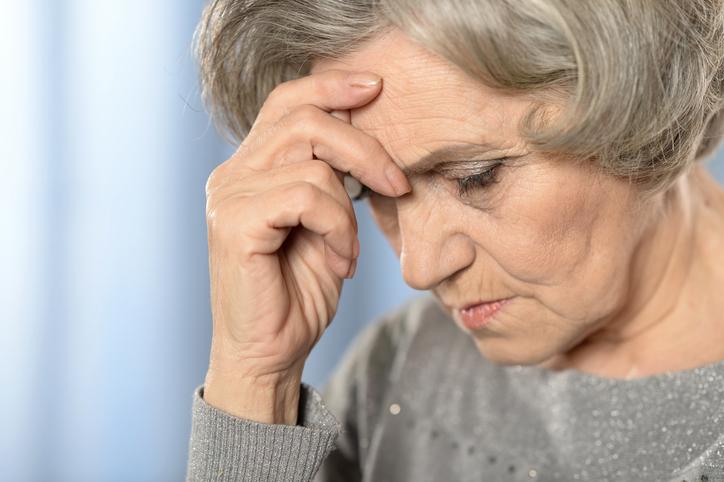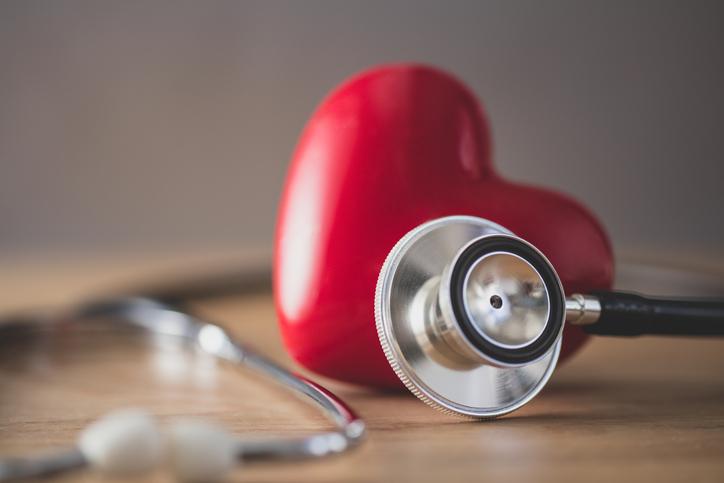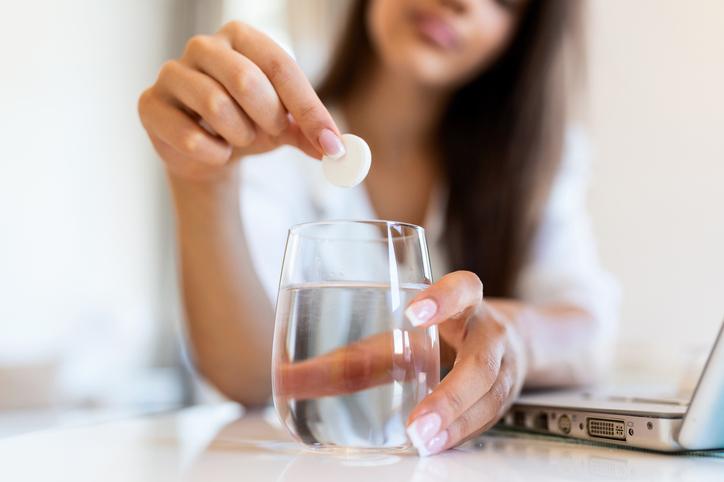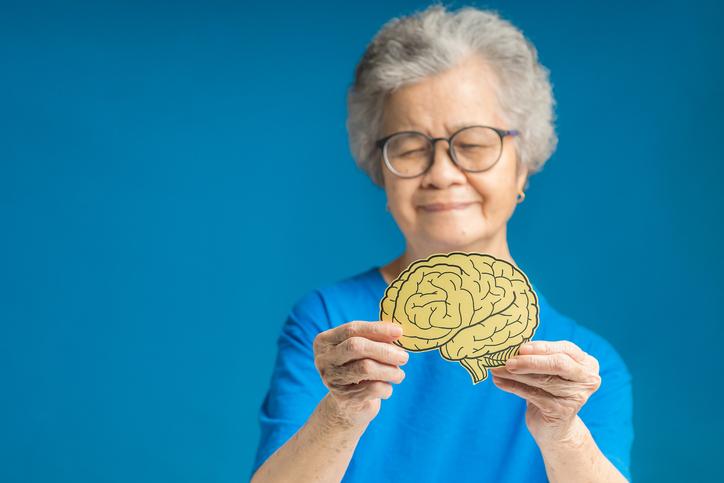8 января 2022
An Uninvited Guest: Early Menopause


8 января 2022
An Uninvited Guest: Early Menopause
## Menopause math
At birth, a girl's ovaries contain approximately 2 million eggs or oocytes. When a girl reaches puberty, the number of eggs is reduced to 800 thousand, and by the first period, the number of eggs is approximately 350–500 thousand.
When ovulation occurs, up to 10 oocytes mature each month. Only one egg will normally lead to a child, but occasionally two or even three eggs can be inseminated. For one year, approximately 100 oocytes are expended. In an ideal situation, a woman has a reserve of oocytes ===until the age of 60–65.
Throughout life, negative factors may affect the structures of the brain responsible for regulating the ovaries’ functions. These factors first lead to dysfunction and later to anovulation, when no eggs are released from the ovaries. Anovulation leads to early menopause.
## Symptoms and causes
During menopause, the ovaries gradually stop producing sex hormones including estrogen, androgens, and progesterone. Certain noticeable changes occur in the 2–3 years after ovary functions decline, while others take place after 15–20 years.
The situation when menopause occurs as normal at 50 years of age with further changes at 70 is completely different from menopause beginning at 35 with serious changes at 55. When menopause is premature, susceptibility to a variety of diseases and negative-effects on general well-being is increased.
Early menopause is evidenced by the following symptoms:
- Irregular periods
- Hot flashes and sweating
- Psycho-emotional disorders
- Insomnia
- An increase in body mass
- Changes to the skin
- Dryness in the vagina
- Involuntary urination and lack of urinary control.
If no measures are taken at the early stage, a metabolic disorder may develop and lead to the following symptoms later in life.
__Osteoporosis.__ During menopause, an estrogen deficiency leads to the loss of calcium and the aging of cartilaginous tissues. In turn, this leads to a decrease in the density of bones and higher risks of bone fractures.
__Atherosclerosis.__ Estrogen commonly protects the female body from developing atherosclerosis. The drop in estrogen during menopause leads to an increase in cholesterol, which, in turn, increases the risk of developing accumulating cholesterol in the walls of arteries.
__Arterial hypertension.__ A drop in the concentration of female sex hormones and an increase in body mass during early menopause can lead to higher blood pressure, which increases the risk of complications such as myocardial infarction, stroke, hypertensive crisis, and more.
## Have a check-up
Getting a check-up when common signs of changes in your reproductive system begin is a good idea. At the check-up, a hemostasiogram is recommended. Hemostasiogram test for the sex hormones LH, FSH, and estradiol, which are responsible for the functioning of the blood coagulation process.
Secondly, it is important to have a series of other tests: an ultrasound of the pelvis, adrenal glands, and liver, mammography, and an examination of the endocrine glands such as the thyroid gland, hypothalamic-pituitary system, adrenal glands, pancreas, and intestines. You should also visit an endocrinologist or a gynecologist-endocrinologist.
## Minimize damage
Hormonal changes in women's bodies that develop during early menopause are impossible to reverse, but the symptoms can be relieved. A gynecologist may help by providing treatment for the underlying conditions.
Paying special attention to diet may also help, as the chances of early menopause often lead to a decrease in metabolism, the loss of essential minerals, and changes in blood levels. Eating healthy can help. Reduce the amount of fried, fatty, or salty foods. Portion sizes should also be reduced.
Restrict the use of animal fats and use vegetable oil over other fats. Include fish in your diet as a source of Omega-3. Increase the intake of calcium-enriched dairy products to avoid the development of osteoporosis. Eat fruits and vegetables.
## A note on intimacy
After the onset of early menopause, the quality of intimate life also changes. Causes can be numerous, including factors such as hormonal changes leading to the absence of sexual desire and changes to a woman’s psychological attitude.
Decreased libido may result in an expressed discomfort during sex, especially in the case of early menopause. Hormone replacement therapy or topical medicines such as gels and creams, including estrogen, may help avoid discomfort. Regular sex life can help to mitigate symptoms of early menopause and related complications.













